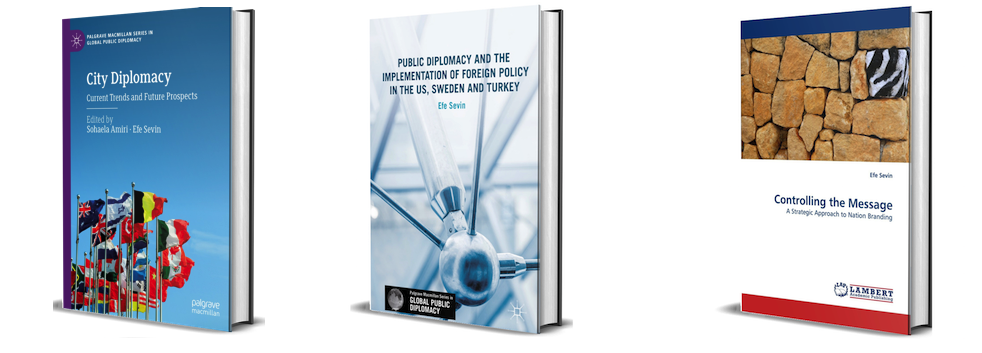According to some sources, Turkish government has been on a public diplomacy offense since 2008. There have been some changes in Turkish understanding of diplomacy, and some attempts to launch public diplomacy efforts. Public Diplomacy Agency, likely to be directed by Ibrahim Kalin – Erdogan’s chief foreign affairs advisor, a Georgetown alum – is being established. MFA and the President have their Twitter/Facebook accounts (in Turkish and no, they don’t reply to anything)…This is a promising start but we need to overcome several obstacles to be succeed in our public diplomacy efforts.
So, please let me tell you the story of Turkey and Public Diplomacy, especially the story of the obstacles.
The first and biggest obstacle, from my point of view, is AKP’s recent foreign policy understanding. When AKP came to power in 2002, Ahmet Davutoglu, the current Minister of Foreign Affairs, introduced the understanding of Strategic Depth. Basically speaking, the idea was having ‘zero problems’ with the neighbors, becoming a regional and global power by using Turkey’s unique geopolitical and geostrategic position. However, the implications of this understanding seem to take Turkey closer to the Middle East, closer to being an ‘Islamic’ country. Even though AKP, including Ibrahim Kalin, keeps telling us that Turkey is a bridge between the East and the West, the recent developments (and my most recent experiences in Turkey) make this claim very difficult to believe. Long story short, there is a belief that Turkey has been moving towards becoming a more Islamic state. In other words, recent political developments shake the fundamentals of Turkish Republic, and Turkish identity. For several individuals, it is very very difficult to believe AKP’s claims.

Recep Tayyip Erdogan, Prime Minister of Turkey leaves the session, while David Ignatius (FLTR), Associate Editor and Columnist, The Washington Post, USA, Shimon Peres, President of Israel, Ban Ki-moon, Secretary-General, United Nations, New York, Amre Moussa, Secretary-General, League of Arab States, Cairo, look on, during the session 'Gaza: The Case for Middle East Peace' at the Annual Meeting 2009 of the World Economic Forum in Davos, Switzerland, January 29, 2009. Copyright by World Economic Forum.
Another problem is the current Turkish foundations and immigrants in Europe. I already discussed the negative role of Turkish immigrants. During the recent years, Turkish foundations contributed to this negative identity. Deniz Feneri and IHH had several problems with local authorities. Deniz Feneri was charged with fraud, whereas IHH was found to have links with Hamas. Fethullah Gulen Foundation, on the other hand, has been actively working in several countries for decades. The foundation owns ‘Turkish’ schools in many countries and organizes Turkish Olympics – yet the Turkish image promoted by Gulen foundation is again not in line with the cultural bridge role.
Moving away from identity politics, it is important to point out that Turkey has several communication obstacles, too. For starters, open communication is a revolutionary understanding for us. As MFA’s and the President’s online social media accounts show, state officials are not willing to engage in a dialogue. Turkey seems to have a one-way communication understanding of public diplomacy.
Lastly, we still lack the necessary knowledge, skills, monetary resources, and political stability to execute long-term public diplomacy projects. As I discussed above, AKP has a different understanding of Turkey, so do other political parties. This is why I cannot foresee a project carried out by several governments, prime ministers, and presidents.
In short, it is very difficult and problematic to promote Turkey, to launch Turkish PD project, and to brand Turkey. Our history includes several conflicts with our neighbors. Recent political developments exacerbated the situation. If Turkey wants to use soft power, we need to define Turkey’s role/identity, establish credibility in the eyes of the audience, and create long-term non-partisan PD strategies.

3 thoughts on “The Story of Turkey and Public Diplomacy”